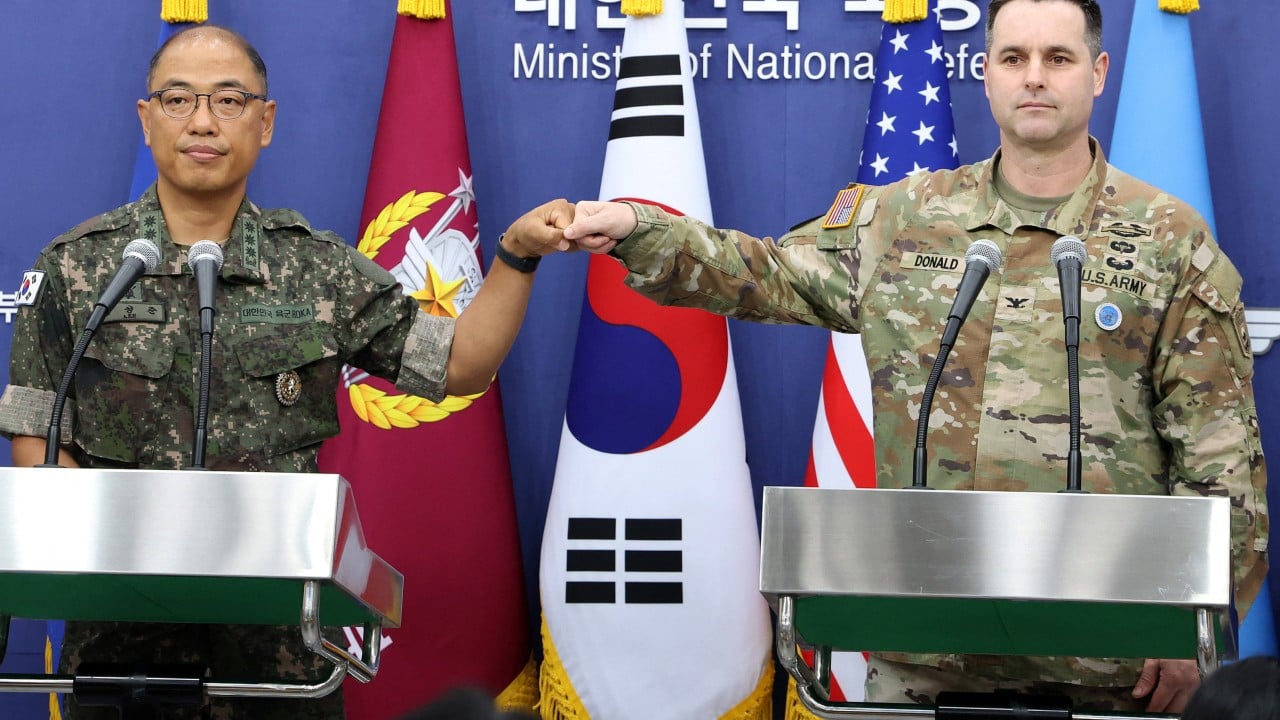South Korea’s newly elected president, Lee Jae-myung, has been increasingly vocal about resuming exchanges with North Korea. This month alone, he has advocated for peaceful coexistence with the North, the removal of loudspeakers from the demilitarised zone (DMZ), the restoration of various inter-Korean agreements and the establishment of a nuclear-free Korean peninsula.
Advertisement
Despite Lee’s diplomatic overtures, Pyongyang’s response has remained frosty. After years of hardline North Korea policy under former president Yoon Suk-yeol, it will take more than rhetoric to win over North Korea’s leadership. One of Lee’s key administrative goals is transferring wartime operational control (Opcon) of South Korea’s armed forces from a US commander back to a South Korean military general.
Earlier this month, a presidential committee in Seoul discussed a road map to reclaim military Opcon during Lee’s five-year term. This would not be the first such attempt by a South Korean president. Former president Moon Jae-in pursued but failed to accomplish this goal during his tenure. This, in turn, came after discussions about a 2015 transfer collapsed amid persistent concerns about the South Korean military’s capability to effectively counter threats from the North.
If Lee’s plans to revive exchanges and diplomacy with Pyongyang are to succeed, he will need either Washington’s assistance in bringing Kim Jong-un back to the negotiating table or he will have to take an action significant enough to capture Pyongyang’s attention regardless of US foreign policy positions.
Although requiring long-term commitment, transferring military Opcon back to South Korea represents one such consequential action Lee could pursue. While this move alone would not guarantee peninsular peace, it could compel Pyongyang to re-engage diplomatically with Seoul. Primarily, such a move would help in reducing the perception of the South’s military as being controlled by the United States.
Advertisement
Seoul could strengthen its negotiating position with Pyongyang by leveraging this narrative of South Korea regaining complete military sovereignty, the perceived absence of which North Korea has criticised since US intervention during the Korean war more than seven decades ago. In essence, Opcon transfer could help dispel North Korean propaganda portraying South Korea as a US puppet state, potentially creating greater space for direct inter-Korean dialogue.

